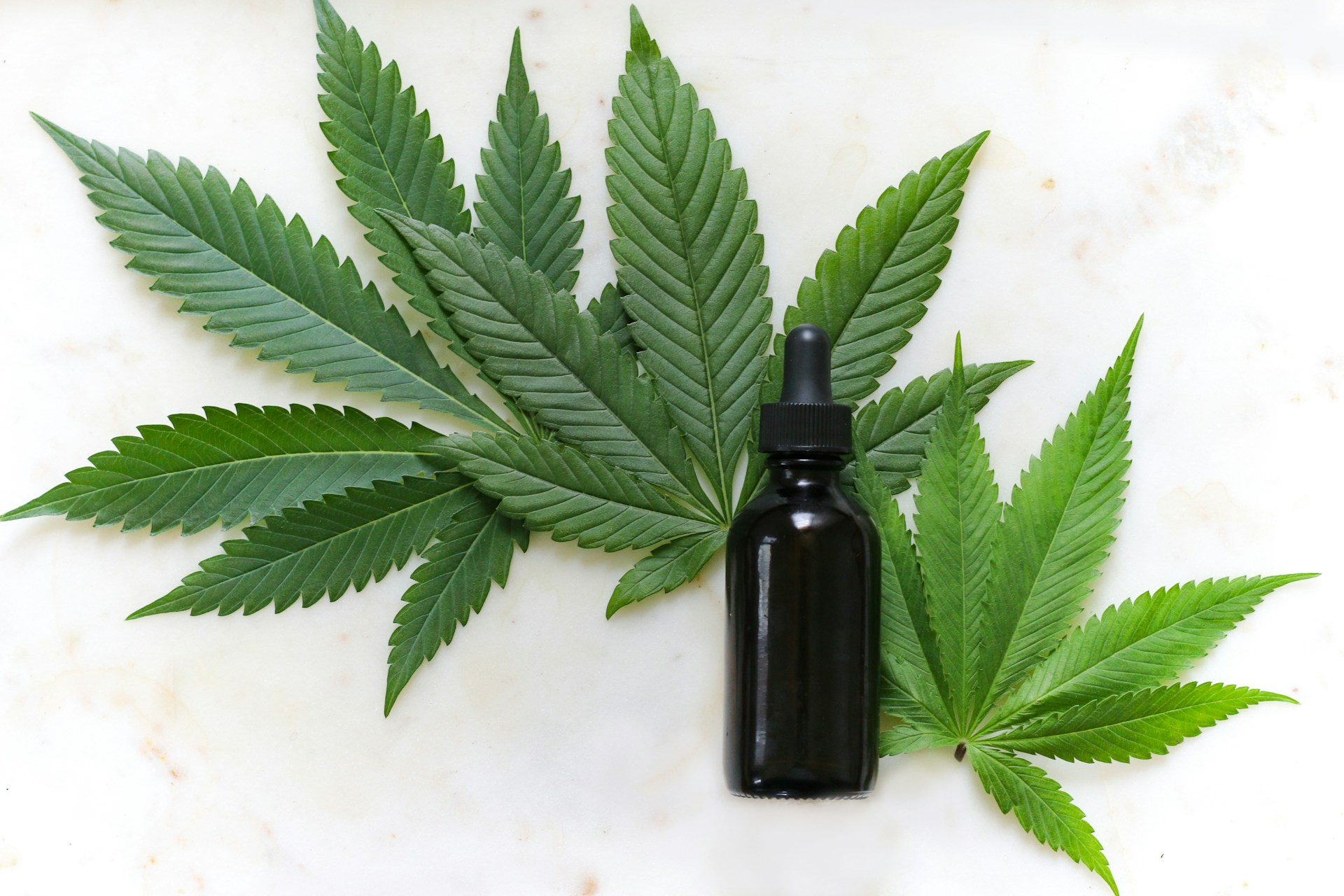A growing number of Democratic lawmakers are urging President Joe Biden to take additional steps to reform marijuana policy, calling for a reduction in federal marijuana prosecutions before the end of his term. The calls come after Biden’s previous moves, including the rescheduling of marijuana and issuing pardons for individuals convicted of nonviolent marijuana offenses, which were hailed as historic advances in drug policy reform. However, many within his party believe there is more work to be done.
In a letter addressed to President Biden, a coalition of Democratic lawmakers emphasized that while the administration’s previous actions have made meaningful strides, they should not mark the end of the effort to address the legacy of marijuana prohibition. “Rescheduling marijuana and the prior round of pardons must not be the end of this administration’s historic work,” the lawmakers wrote, calling on Biden to take stronger measures to limit federal marijuana prosecutions.
The Push for Marijuana Decriminalization
Democrats have long advocated for comprehensive marijuana reform, citing the disproportionate impact of drug convictions on marginalized communities and the rising support for legalization across the country. While marijuana remains illegal at the federal level, many states have moved to legalize its use for medical and recreational purposes, creating a stark contrast between state and federal laws. In response to this growing divergence, the Biden administration has taken steps toward alleviating some of the harshest penalties associated with marijuana offenses.
One of the most significant moves was the president’s decision to grant pardons to thousands of individuals convicted of federal possession offenses. Additionally, Biden instructed the Department of Justice to review marijuana’s classification as a Schedule I controlled substance, which has the most stringent restrictions. This review led to the administration’s decision to reschedule marijuana, a shift that advocates hope will pave the way for further reforms.
However, despite these efforts, advocates argue that federal prosecutions and convictions for marijuana-related offenses still remain a significant issue, particularly when it comes to possession and distribution charges. In their letter, lawmakers underscored the importance of taking immediate action to reduce federal marijuana prosecutions, especially in light of the continued disparities in enforcement.
A Critical Moment for Marijuana Reform
The current political climate presents an opportune moment for President Biden to address lingering marijuana policy issues. With bipartisan support growing for marijuana legalization at the state level and public opinion increasingly in favor of full federal legalization, many believe that further action from the federal government is necessary.
The lawmakers are pushing for a comprehensive approach to marijuana reform that goes beyond rescheduling the drug. This includes directing the Department of Justice to limit federal marijuana prosecutions, particularly in states where marijuana use has been legalized or decriminalized. Such a move would help reduce the burden on the criminal justice system and further align federal policy with state-level reforms.
Additionally, advocates are calling for expanded efforts to address the racial disparities caused by the War on Drugs. The disproportionate impact of marijuana prohibition on Black and Latino communities remains a pressing issue, and there is widespread support for policies that can help rectify this injustice. Democrats argue that any comprehensive marijuana reform should include measures to expunge criminal records, address past harms, and ensure equitable access to the legal marijuana market.
Looking Ahead: Biden’s Legacy on Marijuana Reform
As President Biden enters the final years of his term, the question of how he will leave his mark on marijuana policy remains an open one. While the administration has taken some important steps toward decriminalization, many Democrats argue that further action is needed to build on the momentum of his earlier decisions.
For Biden, taking additional steps on marijuana reform could strengthen his legacy on criminal justice reform and bolster his support within the progressive wing of the Democratic Party. It would also align with the growing public consensus in favor of legalization and decriminalization.
As the debate continues, one thing is clear: marijuana reform is no longer a fringe issue, but a central component of the national conversation on criminal justice and civil rights. With pressure mounting from his own party, President Biden has an opportunity to make further strides on marijuana policy and cement his role as a leader in the push for reform.
In the coming months, it will be crucial to see if the administration takes further action to limit federal marijuana prosecutions, paving the way for a more equitable and just approach to marijuana policy that reflects the will of the people and addresses the historical injustices caused by marijuana prohibition.



